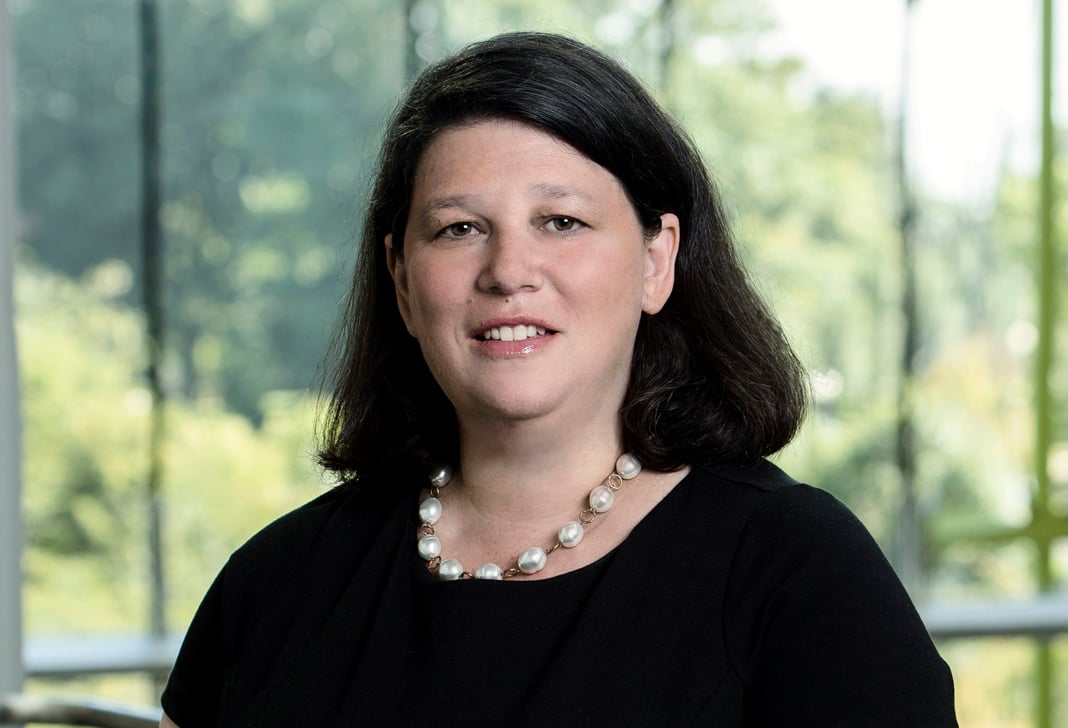
Supreme Court Expands Securities-Fraud Scheme Liability
The dissemination of false or misleading information can give rise to primary liability.
In Lorenzo v. Securities and Exchange Commission, the Supreme Court held that someone who (with intent to defraud) disseminates a false or misleading statement, made by another person, can be primarily liable for participating in a fraudulent scheme. This ruling expands the scope of securities-fraud claims that can be brought by the SEC and particularly by private plaintiffs (who may only sue for primary liability).
Lorenzo, a broker-dealer's representative, sent two e-mails to potential investors misrepresenting the valuation of a company. He sent the e-mails at his boss's request and copied his boss's language, with an intent to defraud recipients. On these facts, the Court considered whether a person who did not "make" a false or misleading statement can still be primarily liable for participating in a fraudulent scheme, when the only fraudulent conduct is the dissemination of the misstatement.
Finding that the language of Rule 10b-5(a) and (c)—which makes it unlawful to employ any scheme to defraud or to engage in any practice that operates as a fraud—is "broad" and "expansive," the Supreme Court concluded that the dissemination of false or misleading information can give rise to primary liability under those provisions. The Court previously had held that only the actual "maker" of the false statement can be primarily liable under Rule 10b-5(b), which prohibits the making of "any untrue statement of a material fact." The Lorenzo majority rejected the argument that its interpretation of Rule 10b-5(a) and (c) blurred the distinction between primary and secondary liability and made Rule 10b-5(b) superfluous.
Key Points:
- Someone who disseminates a false or misleading statement made by someone else may be primarily liable for participating in a fraudulent scheme and for aiding and abetting the making of a fraudulent statement.
- The Lorenzo Court did not address liability where a company "disseminates" the false or misleading statement, and an individual participates by drafting or approving the misstatement or simply not objecting to it.
- The Court acknowledged there may be "borderline cases" that present "problems of scope" and ultimately may lead to a "narrowing" of the reach of the fraudulent scheme provisions. Some individuals may be only "tangentially involved in dissemination," and therefore "liability would typically be inappropriate."




